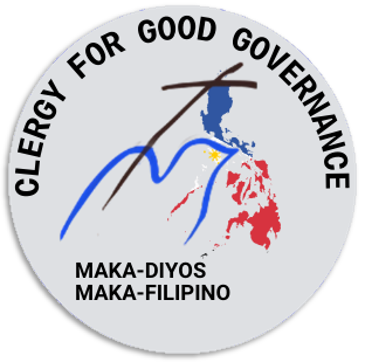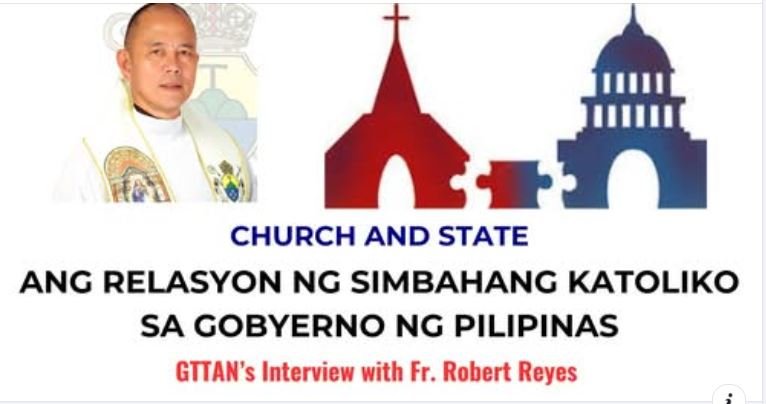Introduction of Fr. Reyes
“..kilala nating lahat si Father Robert na running priest paring aktibista but not too many know the educational background of Robert as well as his work as a priest in his rather colorful life.
He was formed by the jesuits at the San Jose seminary while he completed his undergraduate degree in pred divinity and philosophy at de Manila University after studies in theology at Loyola School of theology and after one year in Ministry He was sent for studies at Angelicum in rome which is Run by the dominicans but after a year he decided to pursue his doctoral studies at gregorian University which is Run by the jesuits from whom he received his early formation already at the stage of doctoral thesis writing.
Father Reyes was among Catholic Church leaders who were accused of sedition for allegedly conspiring with opposition politicians to undermine the government of President Rodrigo Duterte charges against him however were dismissed along with the other Catholic leaders after no supporting evidence was presented continuing his work as a priest.
His heart is still a stout and his spirit as Brave to continue to be the face of the church engage in politics in the fight for truth and justice for the Filipino people especially the poorest among us.”
Why CCGG is non-partisan
“No one here should campaign personally for any candidate. However, very soon we’re going to meet and there is a very strong clamor for the CCGG to focus on the upcoming election on May 12 because we barely have 2.5 months to go. So it’s the campaign for voters’ education, which is a rather difficult thing because how do you campaign for voters’ education with only 2.5 months left. Education is not overnight.
And number two, General Rios and I and many others are concerned about electoral integrity. Comelec is highly suspicious, highly suspect in terms of how it conducts the election because the experience of the last presidential election of 2022 is very, very disturbing. General Rios has explained it adequately and there is good reason to suspect that there was fraud in the last election.
And number three, really we have to look at the phenomenon of the poor not really concerned about whom to vote for. It’s all survival right now. They’re so poor that anyone, they don’t care about promises. They care about their stomachs. They’re hungry.
And according to the SWS survey recently, the rate of self-assessed poverty of the poor has gone drastically high. So therefore the poor know what poverty is and they’re the ones saying we are much poorer now than we were before. And that means unemployment, hunger, no housing, and many of them are driven to become street dwellers.
So we now see a rise of street dwellers and beggars in the metropolis and the many cities and even in towns all over the Philippines. So that’s what non-partisan is all about. We have to look at the bigger picture and to see how people elect and how people do not actually elect.”

